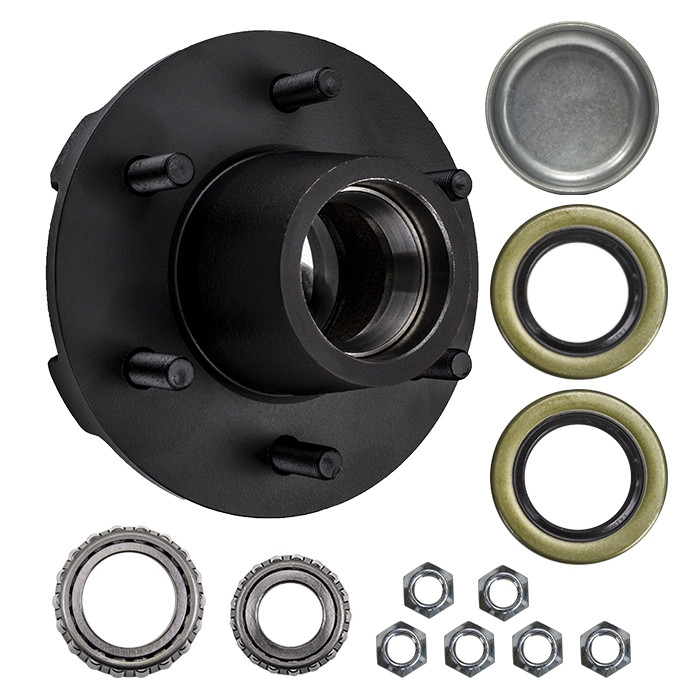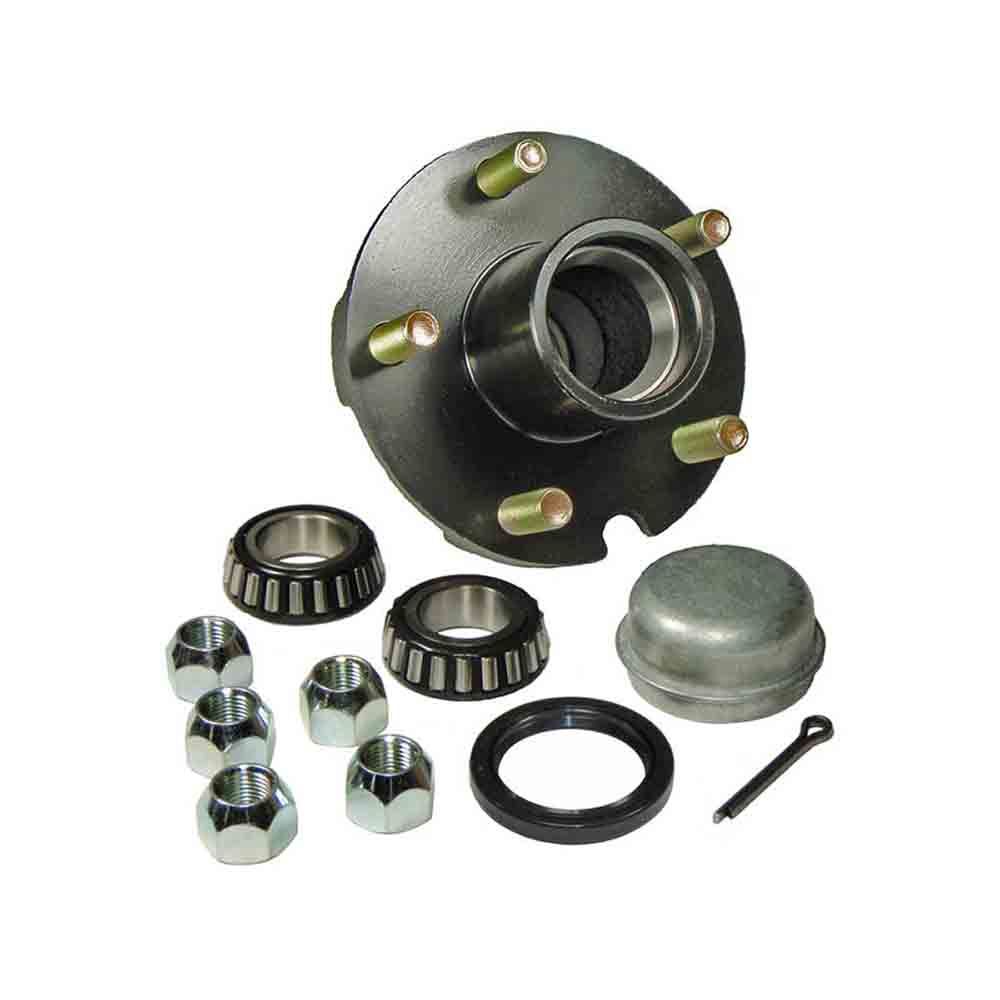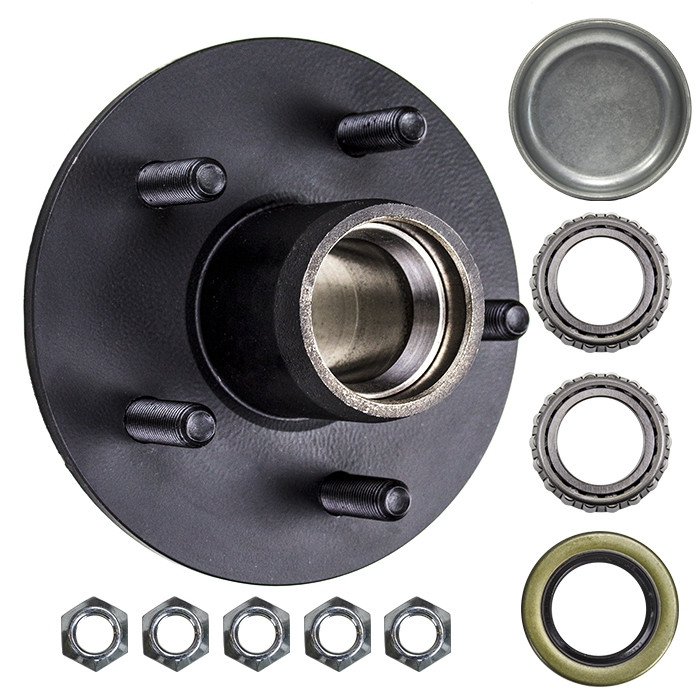Product Description
3 Holes Differential Hub Casing for CZPT Truck Spare Parts 1522375 / 3191853
| VOLVO 1522375 3191853 3 holes |
|
| VOLVO 3191854 1522376 DAF 1694977 RENAULT TRUCKS 745711854 4 holes |
|
| Scania 2094906/1414584/1865885 3 holes |
Product Advantages and Features
(1) Mating parts with stable and reliable quality.
(2) The wheel hub reducer housing is processed by the machining center, assemble the Wheel Reducer Assembly through the assembly line, and inspect each product on delivery.
(3) Uniform coding and clear drawing number identification to improve the traceability of wheel reducer assembly.
(4) Each wheel reducer assembly is equipped with a wheel repair kit required for maintenance.
(5) The unified brand carton, inner bag and integral foam packaging, which is strong and beautiful.
Factory Show
Function
The function of the wheel reducer assembly is to transfer power from the engine through the transmission to the main reducer of the rear axle, and then from the output end of the main reducer to the wheel side reducer and wheels to drive the vehicle forward or backward. In this process, the main function of the wheel side reducer is to reduce the speed and torque transmitted by the main reducer and increase the torque, and then transmit them to the wheels to improve transmission efficiency, so that the wheels can generate greater driving force under the reaction of the ground adhesion. Thereby reducing the stress on various parts in front of the wheel reducer.
More Products
| 1522375 3191853 3 holes |
3191854 1522376 745711854 4 holes |
3191854 745711854 5 holes |
Packaging & Shipping
FAQ
Q1. How about price of products?
The price is negotiable.It can be changed according to your quantity or package. When you are making an inquiry, please let us know the quantity you want.
Please provide the exact or approximate quantity, packing details, destination port or special requirements, so we could give you the price accordingly.
Q2. What is the products delivery time?
Generally, it will take 3 to 10 days after receiving your advance payment. The specific delivery time depends on the items and the quantity of your order.
Q3. Do you test all your goods before delivery?
Yes,we have 100% test before delivery.
Q4. What is your terms of payment?
By TT or We’ll show you the photos of the products and packages before you pay the balance.
Q5. Do you accept third party inspection?
Yes.we do
Q6. Are you a factory or trading company?
We are a factory integrating research, development, production and sales.
Certifications
/* January 22, 2571 19:08:37 */!function(){function s(e,r){var a,o={};try{e&&e.split(“,”).forEach(function(e,t){e&&(a=e.match(/(.*?):(.*)$/))&&1
| After-sales Service: | Support |
|---|---|
| Warranty: | 12 Months |
| Type: | Chassis |
| Samples: |
US$ 87/Piece
1 Piece(Min.Order) | Order Sample |
|---|
| Customization: |
Available
| Customized Request |
|---|
.shipping-cost-tm .tm-status-off{background: none;padding:0;color: #1470cc}
| Shipping Cost:
Estimated freight per unit. |
about shipping cost and estimated delivery time. |
|---|
| Payment Method: |
|
|---|---|
|
Initial Payment Full Payment |
| Currency: | US$ |
|---|
| Return&refunds: | You can apply for a refund up to 30 days after receipt of the products. |
|---|

How do I diagnose and address noise issues associated with a malfunctioning axle hub?
Diagnosing and addressing noise issues associated with a malfunctioning axle hub requires a systematic approach to identify the root cause and take appropriate corrective measures. Here’s a detailed explanation of the diagnostic process and steps to address the problem:
1. Identify the Noise:
The first step is to identify the specific noise associated with the malfunctioning axle hub. Pay attention to the type and characteristics of the noise, such as grinding, growling, clicking, or humming. Note when the noise occurs, whether it’s during acceleration, deceleration, or while turning. This initial identification can help narrow down the possible causes.
2. Inspect the Axle Hub:
Visually inspect the axle hub for any signs of damage or wear. Look for cracks, corrosion, or loose components. Check if there is any leaking grease around the hub, as it can indicate bearing failure. A thorough inspection can provide valuable clues about the condition of the axle hub.
3. Perform a Road Test:
Take the vehicle for a road test to observe the noise and its behavior under different driving conditions. Pay attention to any changes in the noise when making turns, accelerating, or braking. Note whether the noise gets louder or changes in pitch. This can help in further narrowing down the issue.
4. Jack up the Vehicle:
If the noise persists and is suspected to be coming from the axle hub, jack up the vehicle and secure it with jack stands. Rotate the wheel associated with the suspected axle hub and listen for any abnormal noise or roughness. Try to wiggle the wheel by hand to check for excessive play or looseness, which can indicate a problem with the hub assembly.
5. Check Wheel Bearings:
A common cause of noise issues in axle hubs is worn-out or damaged wheel bearings. To check the wheel bearings, grasp the tire at the 12 o’clock and 6 o’clock positions and attempt to rock it back and forth. Excessive movement or play indicates a potential problem with the wheel bearings. Additionally, spin the wheel and listen for any grinding or rumbling noises, which can also be indicative of bearing issues.
6. Addressing the Issue:
If a malfunctioning axle hub is identified as the source of the noise, the following steps can be taken to address the problem:
- Replacement: If the axle hub is severely damaged or the bearings are worn out, replacing the entire hub assembly is often recommended. This ensures proper fitment, bearing integrity, and overall reliability. Consult the vehicle’s service manual or seek professional assistance for the correct replacement procedure.
- Bearing Replacement: In some cases, it may be possible to replace the wheel bearings within the axle hub if they are the sole source of the noise issue. This requires specialized tools and expertise, so it is advisable to consult a qualified mechanic for bearing replacement.
- Additional Repairs: Depending on the severity of the issue, it may be necessary to address other related components. This can include replacing damaged CV joints, inspecting and replacing worn brake components, or addressing any other issues identified during the diagnostic process.
7. Post-Repair Verification:
After addressing the noise issue by repairing or replacing the malfunctioning axle hub, take the vehicle for a test drive to verify that the noise is eliminated. Ensure that the vehicle operates smoothly, and there are no abnormal vibrations or noises coming from the axle hub during different driving conditions.
It’s important to note that diagnosing and addressing noise issues associated with a malfunctioning axle hub can be complex, and it may require the expertise of a qualified mechanic. If you’re uncomfortable performing the diagnostics and repairs yourself, it’s advisable to seek professional assistance to ensure an accurate diagnosis and proper resolution of the issue.
In summary, diagnosing and addressing noise issues associated with a malfunctioning axle hub involves identifying the noise, inspecting the hub, performing a road test, checking wheel bearings, and taking appropriate repair or replacement measures. Following a systematic approach and seeking professional help when needed can help resolve the noise issue and ensure the safe operation of the vehicle.

Where can I find a comprehensive guide for DIY replacement of an axle hub?
If you are looking for a comprehensive guide to assist you with the DIY (Do-It-Yourself) replacement of an axle hub, there are several reliable sources you can refer to. Here’s a detailed explanation:
- Manufacturer’s Service Manual: The first and most authoritative source of information for any vehicle repair or maintenance task is the manufacturer’s service manual. The service manual provides detailed instructions, diagrams, and specifications specific to your vehicle’s make, model, and year. It covers all aspects of the vehicle, including axle hub replacement procedures. You can usually obtain the manufacturer’s service manual from the vehicle manufacturer’s official website or through authorized dealerships.
- Online Repair Guides: Many reputable automotive websites and forums offer comprehensive online repair guides. These guides often include step-by-step instructions, accompanied by photographs or illustrations, to help you through the process of replacing an axle hub. Some websites compile user-contributed guides, while others are created by automotive professionals. Popular sources for online repair guides include AutoZone, RepairPal, and iFixit.
- Video Tutorials: Video tutorials can be invaluable resources for visual learners. Websites like YouTube host a wide range of DIY automotive repair videos that cover various tasks, including axle hub replacement. Watching a video tutorial can provide a clear demonstration of the required steps, tools, and techniques involved in the process. You can search for specific video tutorials by using keywords such as “DIY axle hub replacement” along with your vehicle’s make and model.
- Automotive Forums: Online automotive forums are communities where enthusiasts and professionals share knowledge and experiences. Forums like Reddit’s r/MechanicAdvice, Automotive Forums, or specific forums dedicated to your vehicle’s make or model can be excellent sources of information. You can search or post questions specific to axle hub replacement, and experienced members may provide detailed guidance, tips, or even links to comprehensive guides they have found useful.
- Library Resources: Public libraries often have a selection of automotive repair manuals and guides available for borrowing. These printed resources can provide comprehensive instructions and illustrations for various repair tasks, including axle hub replacement. Look for repair manuals specific to your vehicle’s make, model, and year in the automotive section of your local library.
When using any guide or resource for DIY repairs, it’s important to exercise caution and ensure your own safety. Follow all recommended safety procedures, use the appropriate tools, and take necessary precautions. If you are unsure or uncomfortable with any aspect of the repair process, it is advisable to seek assistance from a qualified mechanic or professional technician.
In summary, a comprehensive guide for DIY replacement of an axle hub can be found in various sources such as the manufacturer’s service manual, online repair guides, video tutorials, automotive forums, and library resources. These resources provide step-by-step instructions and guidance to help you successfully replace an axle hub. Remember to prioritize safety and seek professional help if needed.

Are there any recalls or common issues associated with specific axle hub models?
Recalls and common issues can occur with specific axle hub models due to manufacturing defects, design flaws, or other factors. Here’s a detailed explanation:
It’s important to note that specific recalls and common issues can vary depending on the make, model, and year of the vehicle, as well as the specific axle hub manufacturer. Manufacturers and regulatory bodies such as the National Highway Traffic Safety Administration (NHTSA) monitor and address safety concerns related to axle hubs through recalls and investigations.
Recalls are typically initiated by the vehicle manufacturer or the axle hub manufacturer in response to identified safety defects or non-compliance with safety standards. Recalls aim to address the issues and rectify any potential safety risks associated with the axle hub models. They may involve inspections, repairs, or replacements of the affected components.
To determine if there are any recalls or common issues associated with specific axle hub models, it is recommended to check the following sources:
- Manufacturer’s Website: Visit the official website of the vehicle manufacturer or the axle hub manufacturer. They often provide information on recalls, technical service bulletins (TSBs), and common issues related to their products. Look for any relevant information specific to the axle hub models in question.
- NHTSA Website: The NHTSA maintains a comprehensive database of recalls and investigations related to vehicle components, including axle hubs. Their website allows users to search for recalls and investigations by specific make, model, and component. You can use their search tool to check if there are any recalls or investigations associated with the axle hub models of interest.
- Owner Forums and Online Communities: Online forums and communities dedicated to specific vehicle makes and models can be a valuable source of information. Owners often share their experiences, including common issues they have encountered with axle hub models. It’s important to consider multiple sources and exercise caution when relying on anecdotal information.
- Service Centers and Mechanics: Local service centers and mechanics who specialize in the specific vehicle make or have experience with the axle hub models in question may be aware of any recalls or common issues. They can provide insights based on their firsthand knowledge and experience.
By consulting these sources, you can gather information about any recalls or common issues associated with specific axle hub models. If any recalls or safety concerns are identified, it is recommended to contact the vehicle manufacturer or a certified dealership to inquire about the necessary actions, such as inspections or repairs, to address the issues.
In summary, recalls and common issues can occur with specific axle hub models. Checking the manufacturer’s website, the NHTSA website, owner forums, and consulting with service centers and mechanics can provide valuable information regarding any recalls or common issues associated with the axle hub models of interest. It’s important to stay informed and take appropriate actions to address any identified safety concerns.


editor by CX 2024-05-09